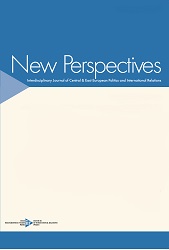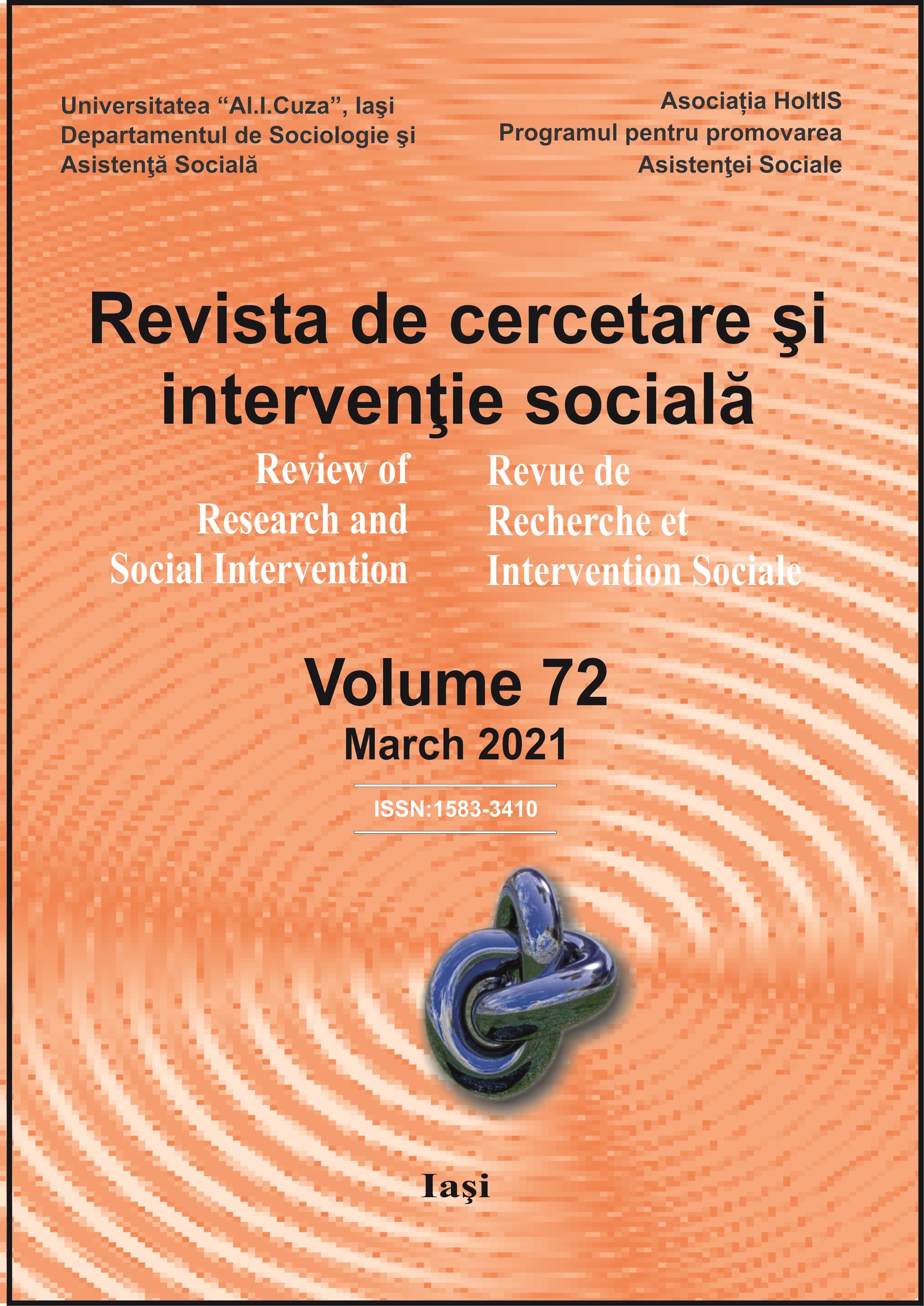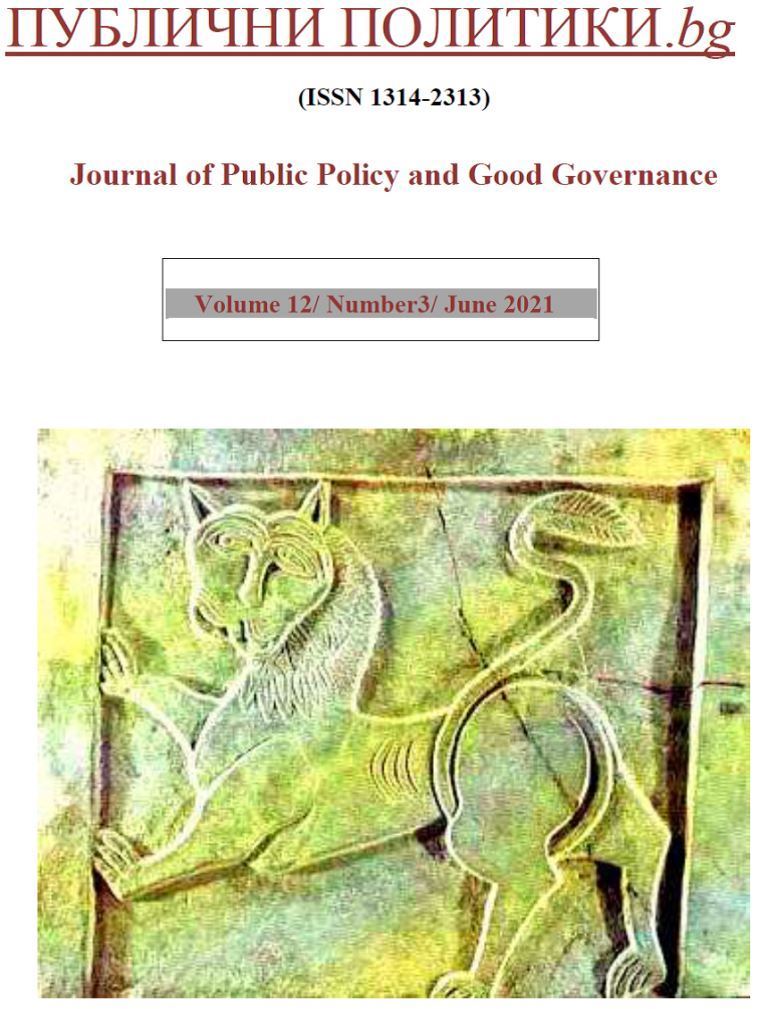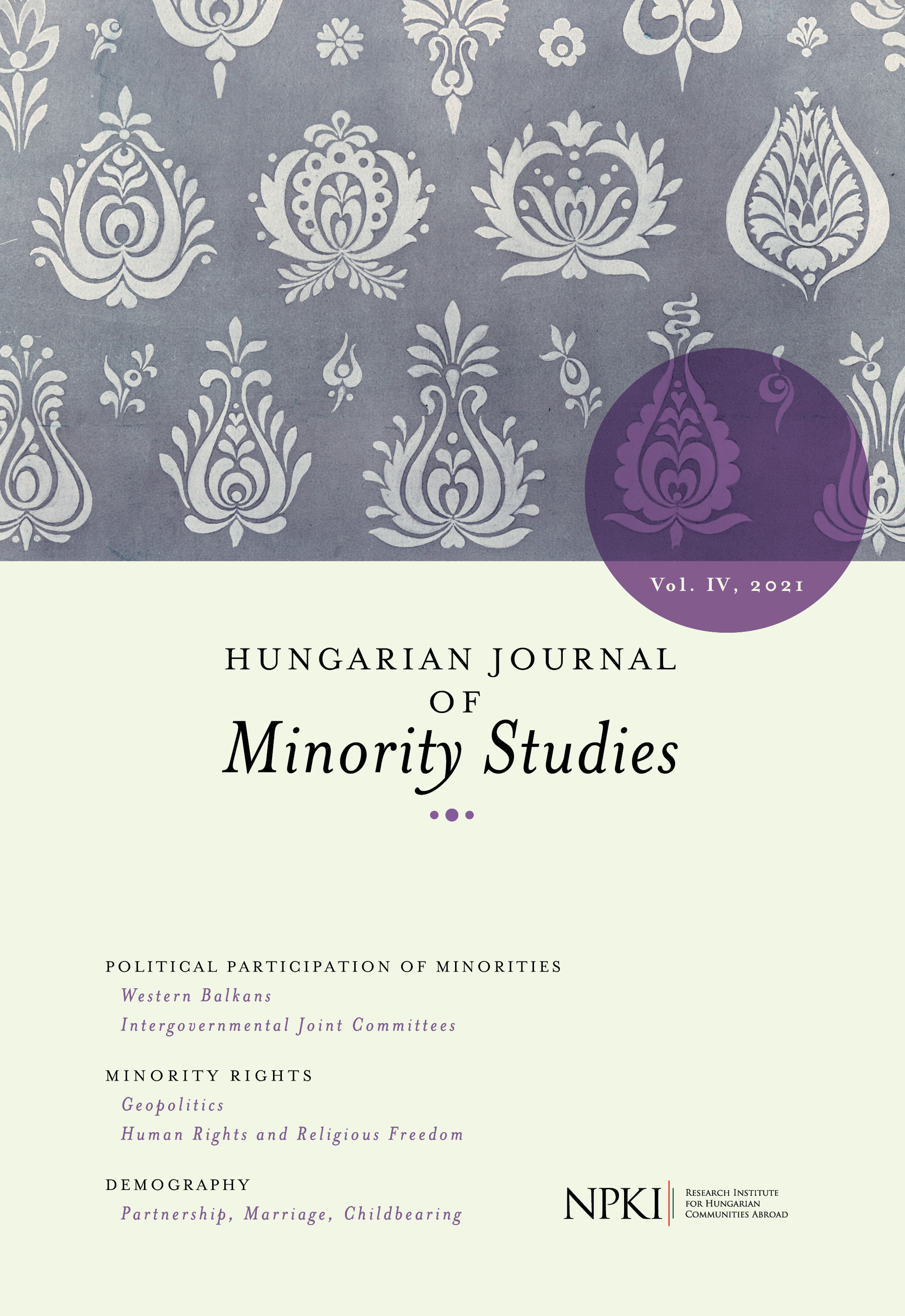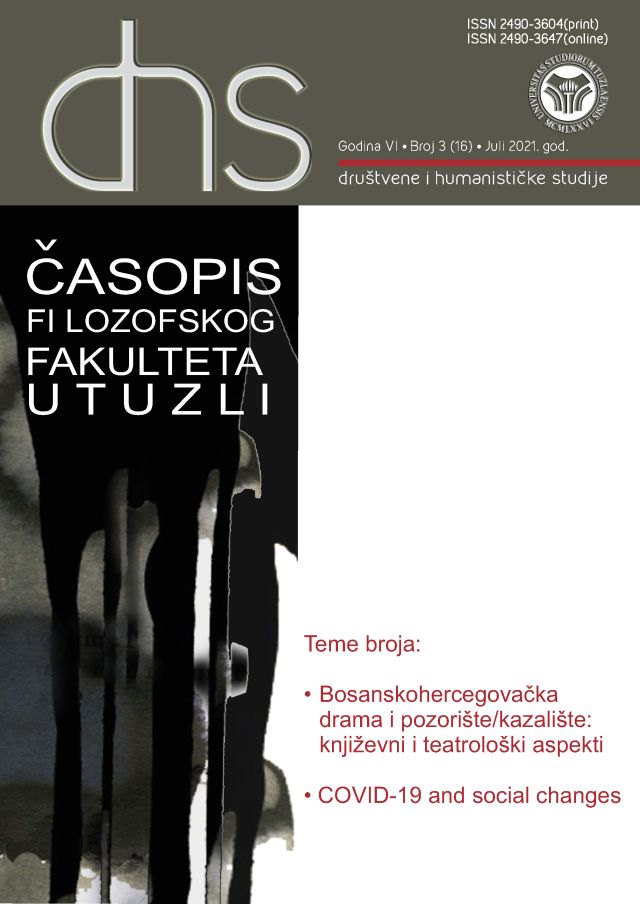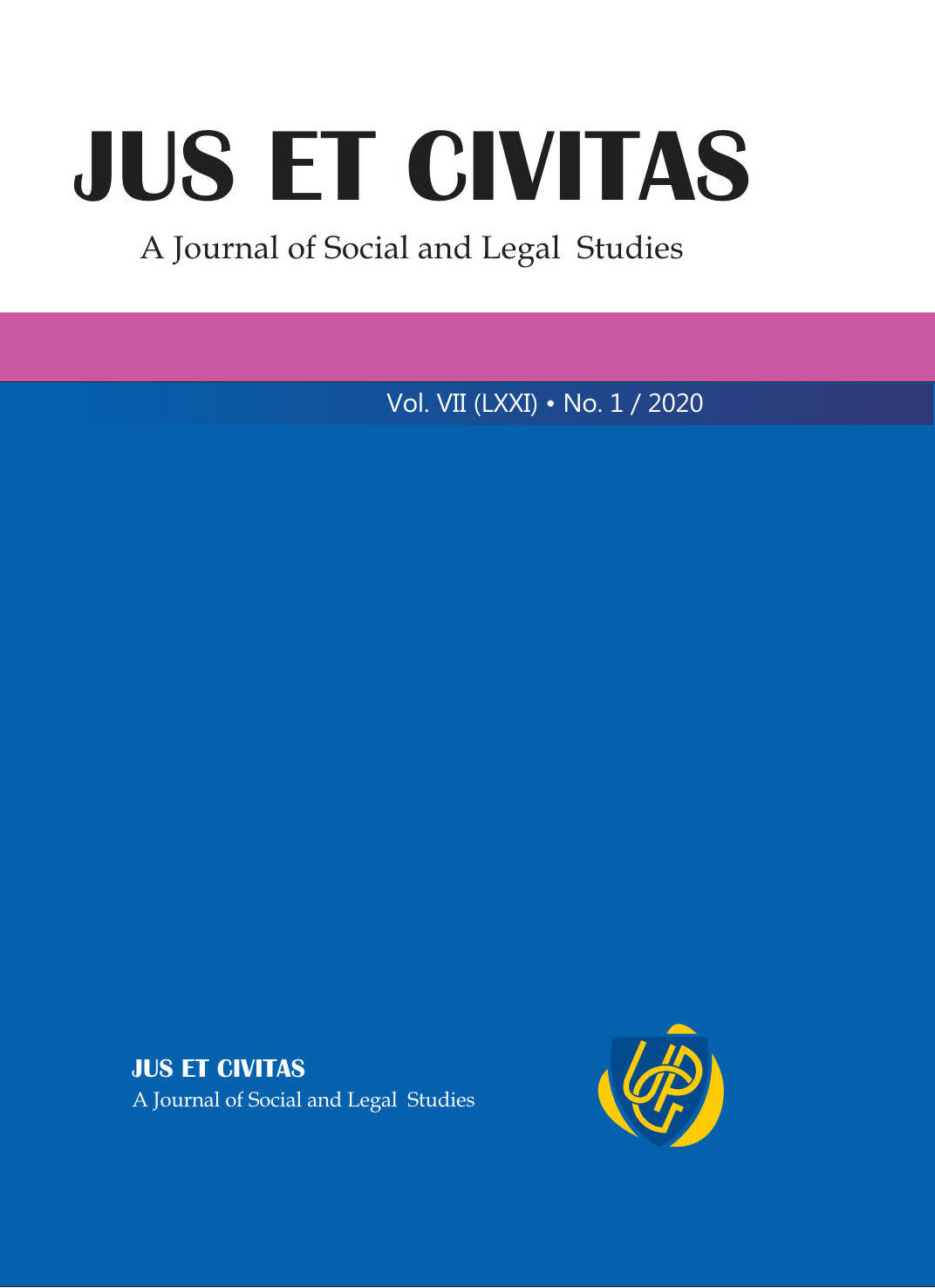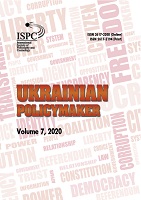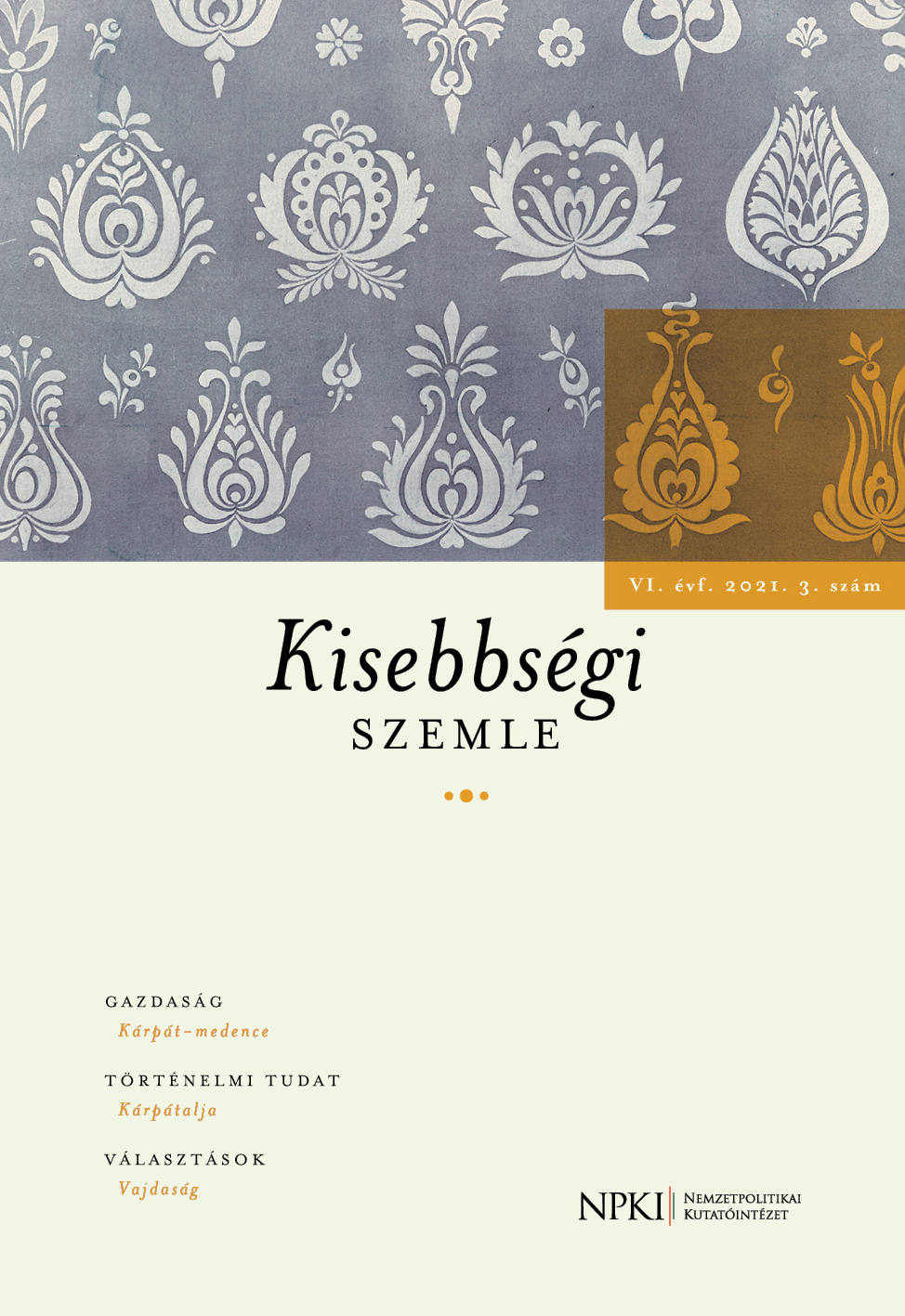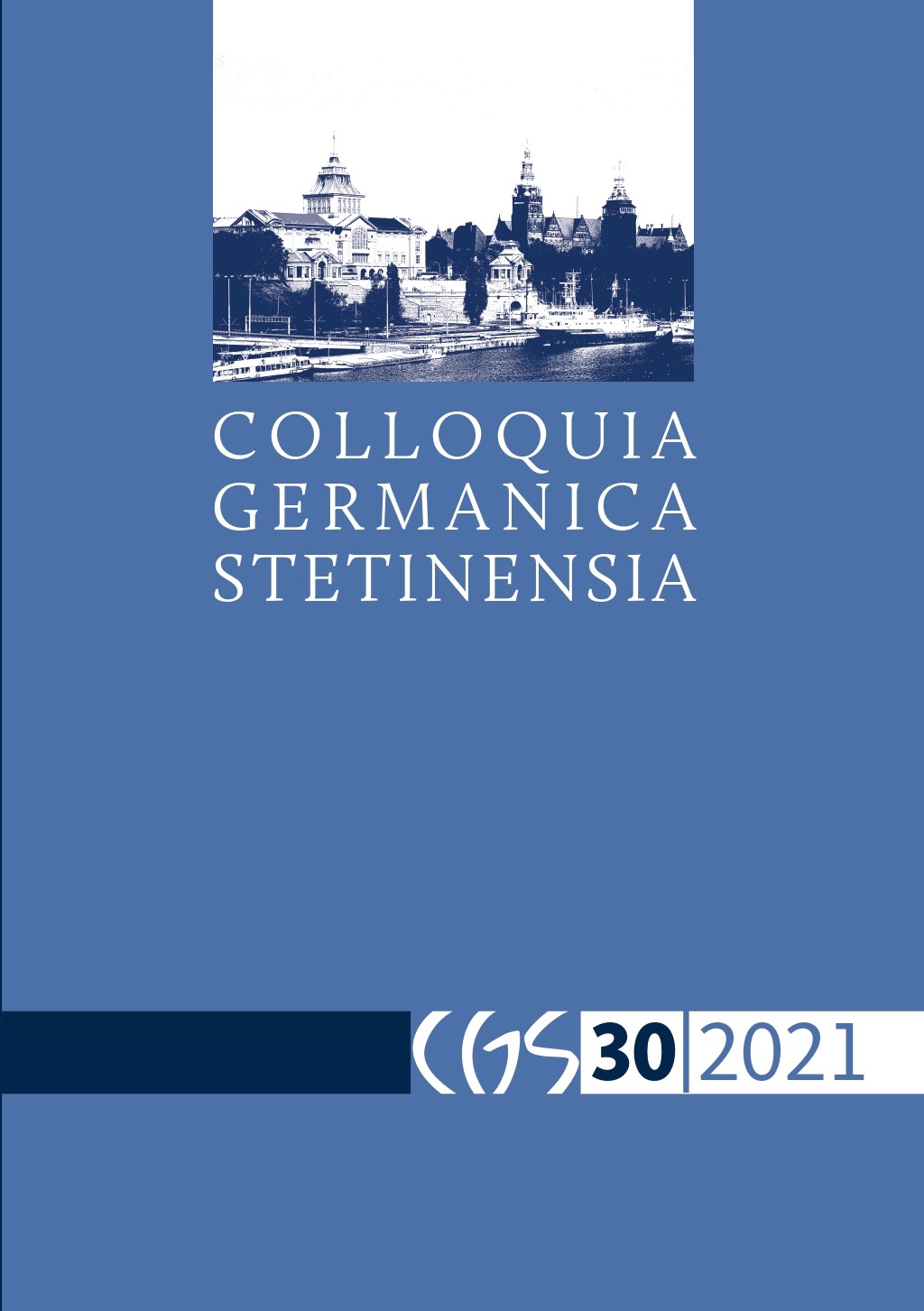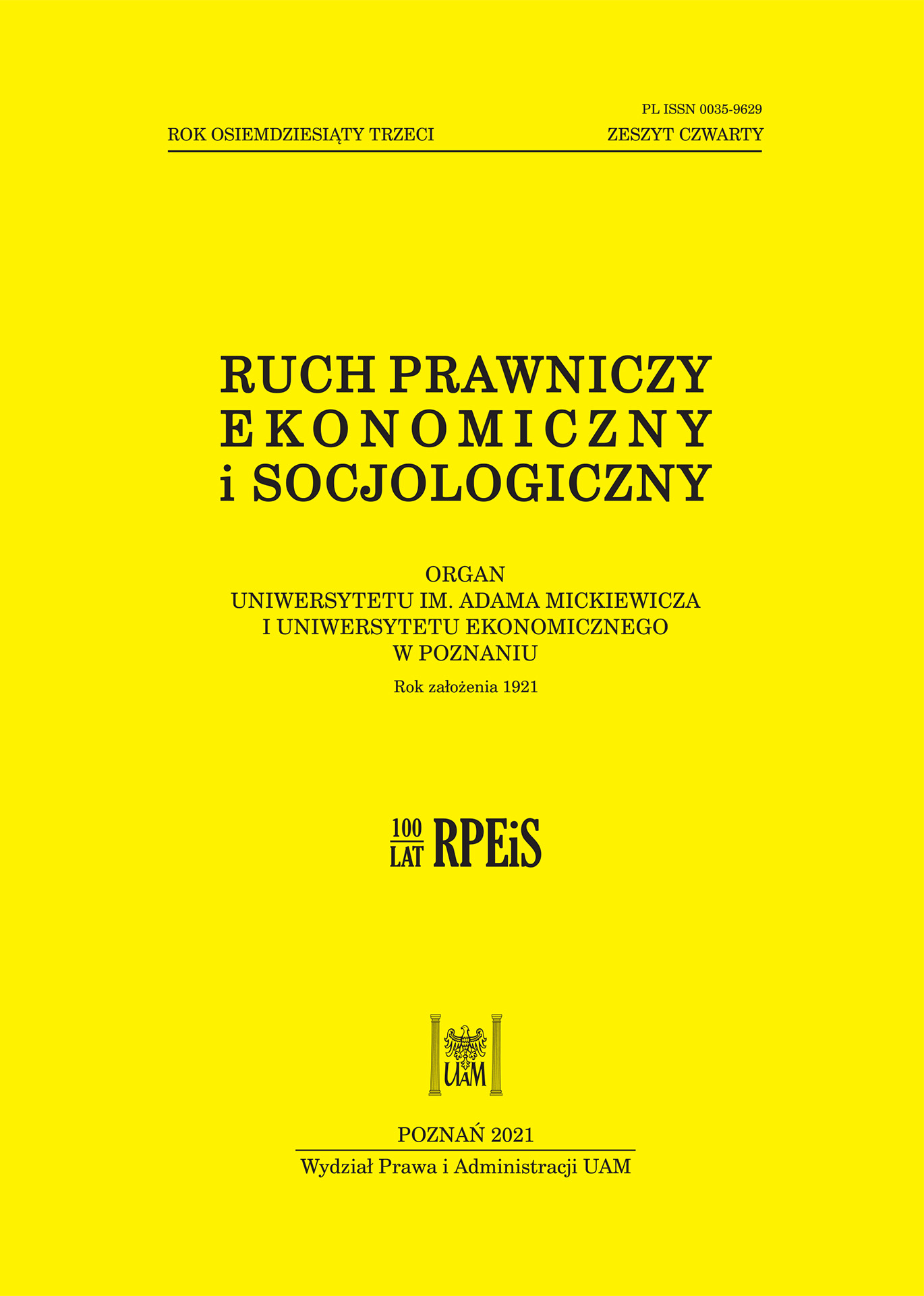
Соціально-психологічні студії в доробку С. Балея
The present article deals with historic-psychological research on socialpsychologicalheritage of two representatives of Ukrainian Diaspora – Stefan-Maksym Balej. Topics of scientific interest of S. Balej and O. Kulchytzkyj weredefined. Problems of group psychology, psychology of crowd, propaganda andideology, status and subject of social psychology, characteristic features ofUkrainian national character and group unconcsious has been analyzed andspecified. Cheracteristic features of S. Balej scientific thinking of were shown.
More...
